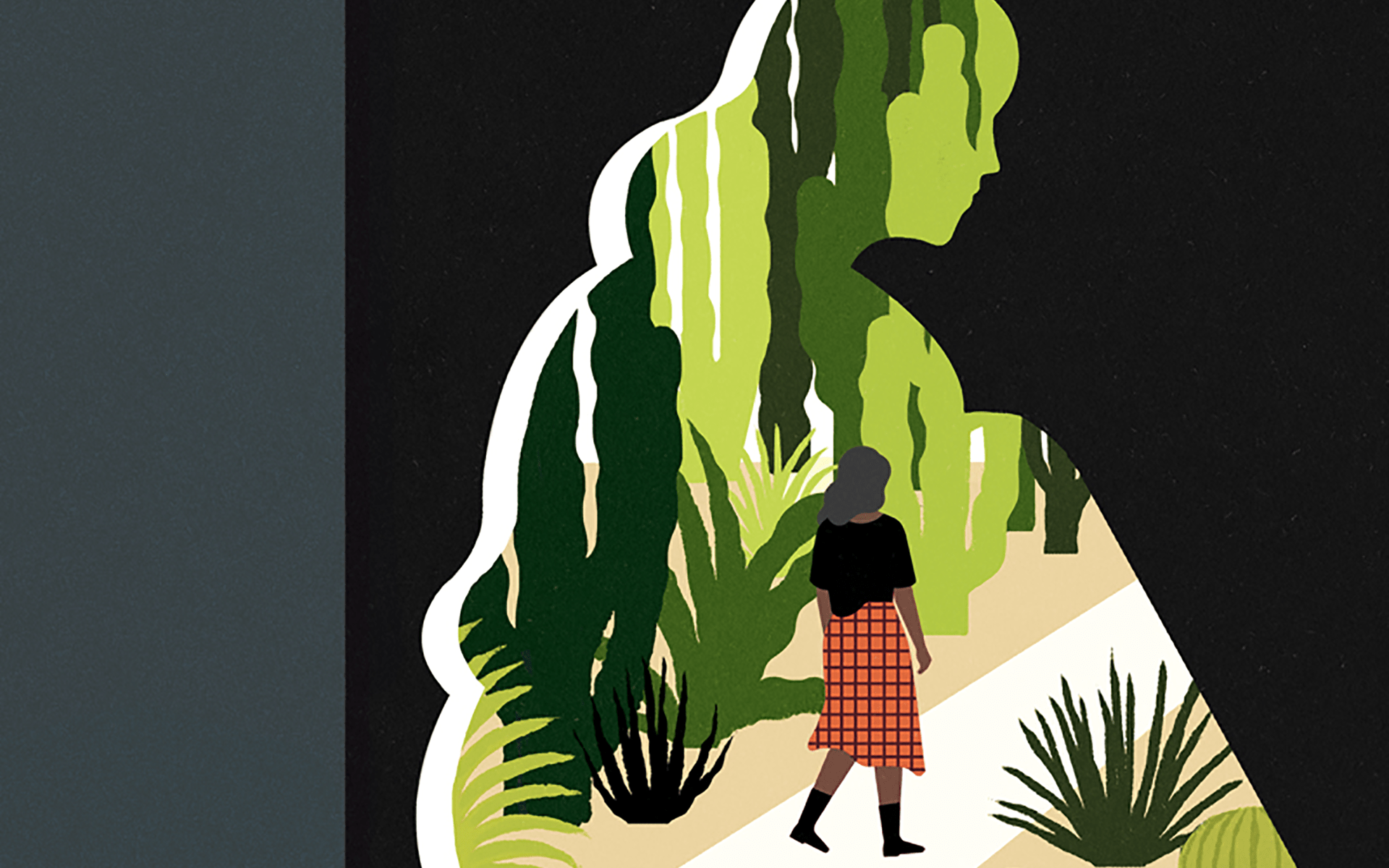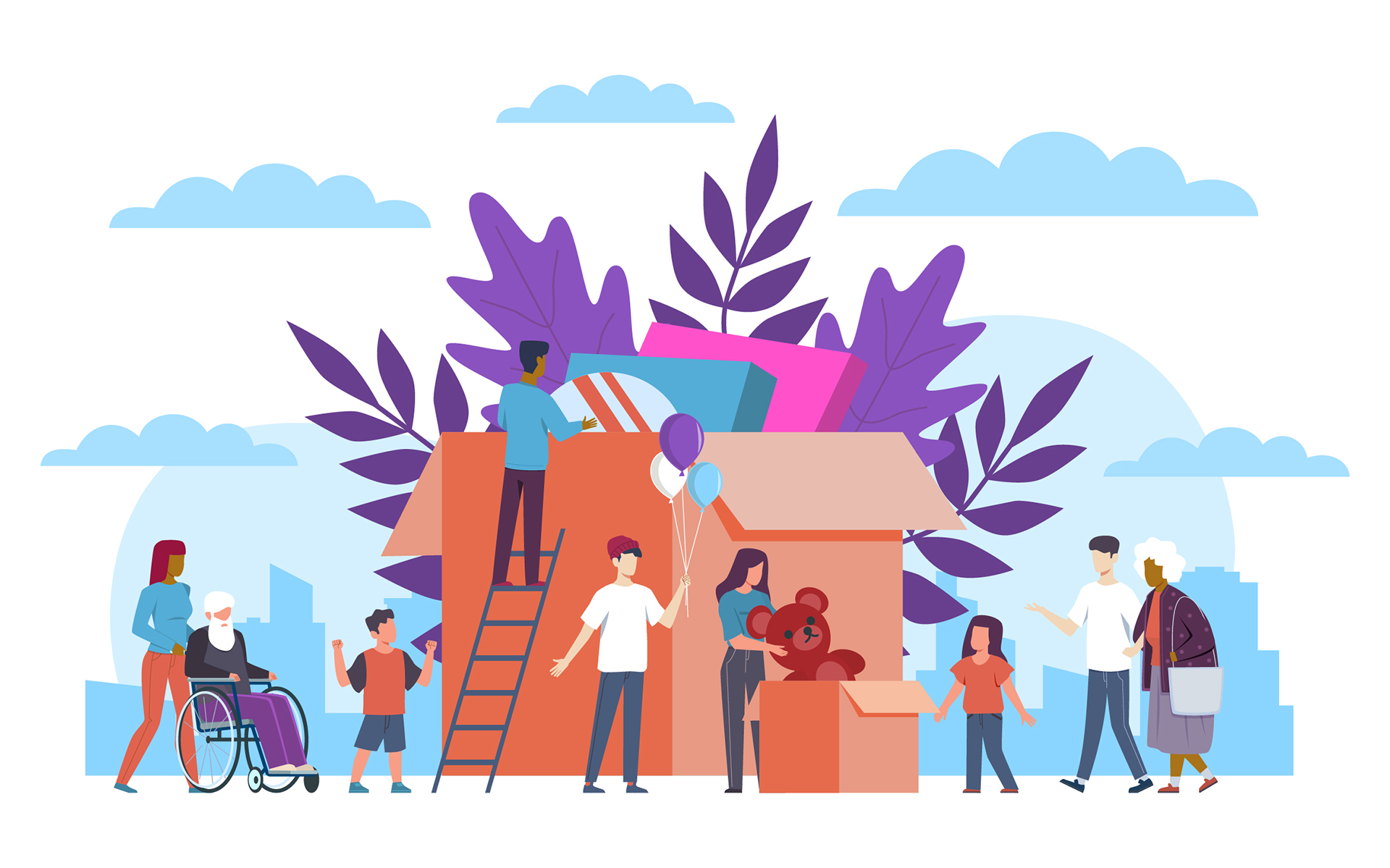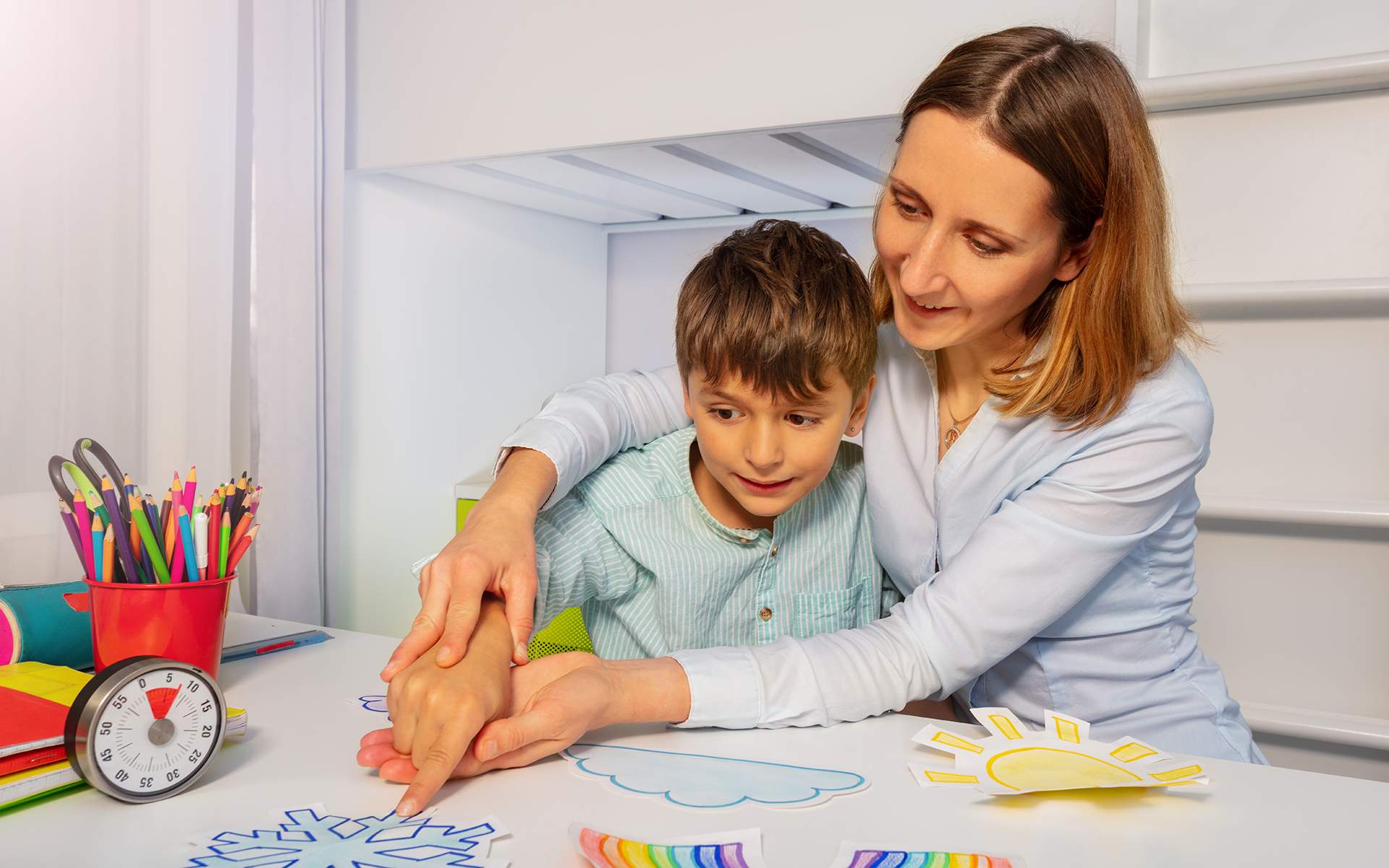A friend told me that after the treatment of her cancer, it took her a year to return to being a “normal” person, getting on with the day-to-day business of living. Recovery is not typically recognized as a transition requiring adjustment. It’s kind of like when you lose a loved one and you get three days off work to grieve: We often need more time than expected. Likewise, once a fight with cancer is over, you cope with the end of your role as the star in your own drama.
It’s kind of like when you lose a loved one and you get three days off work to grieve: We often need more time than expected.
And, as with any significant life event, while you may outwardly seem the same, often there is an internal change, some wisdom gained about the preciousness and fragility of our brief lives. We may appreciate what it really means to be mindful of each moment as best we can.
Fortunately for me and for many, breast cancer is now a treatable disease. So here I am, alive, for the moment a survivor. Having come through a change—the end of my pre-cancer life, a chaotic and emotional period of coping, and finally a new, cancer-free beginning—I find myself granted a somewhat different life. I try to be more present, more giving, and to spend less time doing what I don’t want to do. I now really know that life is short.
My friend the filmmaker Mike Hoolboom reminds me that “everything is just waiting to be noticed.” This is true of whatever compels us, repels us, or leaves us indifferent. So, the path of a catastrophic illness has a beginning, a middle, and an end that mindfulness can help us to be present and awake for. Mindfulness helps us to face what we would rather not: learning from the unwanted, perhaps even being enriched by it.
Serious illness often marks both body and mind. I used to have a pretty good body; now I look like Sally from The Nightmare Before Christmas. While I love what the plastic surgeon did for my cleavage (post-mastectomy and reconstruction), the new belly button is right of center. I continue to mourn the old one. Perhaps, though, it’s time to let go of the outie that is now an innie, bordered by a circular scar. We wear our history on our skin. On the upside, reconstruction meant I got free liposuction. So many things have a silver lining, if you can just take notice.
Mindfulness helps us to hone this ability, granting us more options than we had without it. For example, I still deal with the adverse effects of medications that prevent the cancer’s return. A significant one—also a very common one—is difficulty with sexual function. This can happen for a multitude of reasons, physical or psychological, but sex post-cancer isn’t often discussed. I wonder how many sexless couples there are living in the aftermath of cancer?
I went for a follow-up assessment at the cancer clinic. The nurse asked about nausea, vomiting, bowels, pain, and appetite…none of which tend to be a problem if you’re not getting chemo. I asked her, “How come you don’t ask about sex? Who cares, at this point, about the rest of these issues?” She didn’t really have an answer, but the next time I saw her she had started researching it.
Meanwhile, I discovered the estrogen ring. If you’re taking drugs that inhibit estrogen, sex is going to be difficult. The ring isn’t recommended for people who have had estrogen receptor-positive tumors, but we lack evidence that it’s actually harmful—and I wasn’t ready to let that part of my life go. So after much trial and error, a lot of preparation, lubrication, dilators, and the ring, sex became possible and pleasurable. Sometimes, in order to be in the present, you stop worrying about the future.
Nothing is as it seems. I can pass as my old self while clothed, but I am not that self. Because everything is always changing, so are we—and it can help to remember that as we move along the conveyor belt of life. If we can bring a mind of experimentation and resilience, and a focus on the journey rather than the destination, our three score and ten will be nothing less than an adventure.
Opening Up is a Compassionate Act
One of the best ways to adapt and to learn to manage the aftereffects of serious diseases that change your life is to talk about them and ask questions.
Too often, we simply don’t. And that’s not healthy. Remember, if you have a problem, others likely do as well. Bringing it into the open can be a compassionate act.
You need to ask yourself some pointed questions and make some decisions:
Does the issue I’m experiencing need to be addressed?
Can it wait, can I let it be, or can I let it go?
How much do I care what people think?
Can I work with that?
This is how we can employ contemplation and self-care to move skillfully toward openness—with ourselves and others—when we practice mindful perspective-taking.








